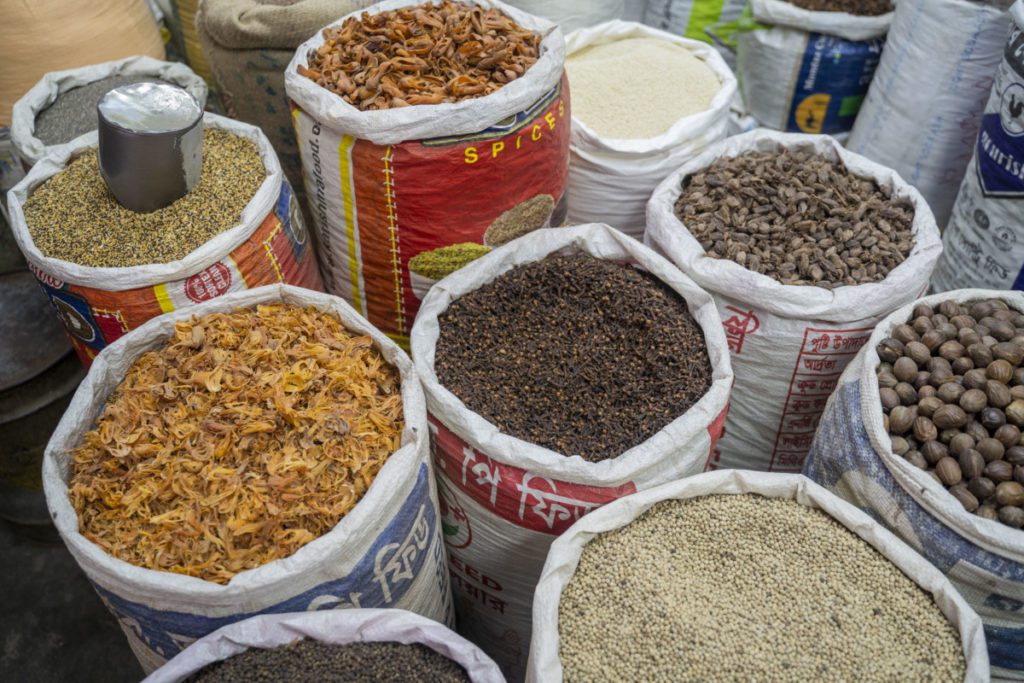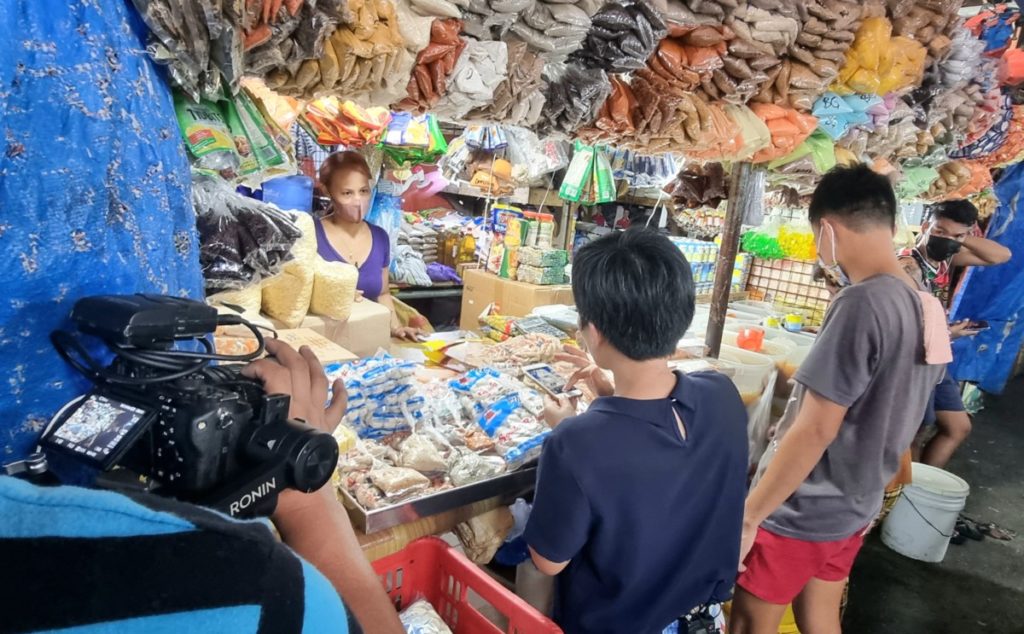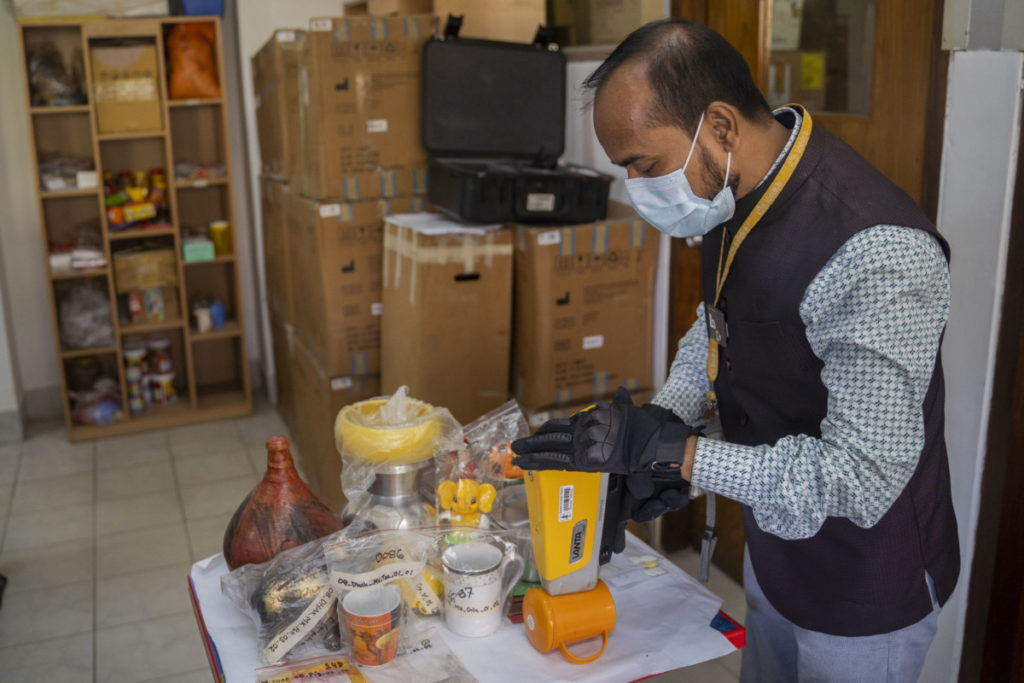In 2021, Pure Earth launched an ambitious project to analyze the lead (Pb) content in thousands of consumer products in markets across 25 low- and middle-income countries. This project, the Rapid Market Screening (RMS), is the first analysis of its kind that we know of.
The RMS follows the 2020 publication of The Toxic Truth report by Pure Earth and UNICEF, which revealed for the first time that an estimated 800 million children, or 1 in 3, have blood lead levels indicative of lead poisoning (>5 μg/dl). This prevalence suggests that children worldwide are regularly exposed to lead in their daily lives, particularly in low-and middle-income countries (LMICs).

“By running investigations in 25 countries, we are pioneering research into lead contaminated products globally. As far as we are aware, this is the largest and first study of its kind,” says Aelita Sargsyan, Rapid Market Screening Project Coordinator.

Pure Earth investigators are collecting and analyzing a variety of common market goods, including samples of spices, metal foodware, ceramic foodware, plastic foodware, toys, paint, cosmetics, candies, common starch foods, and herbal/traditional medicines. The protocol for market screenings was informed by preliminary fieldwork and reviews of published literature on lead sources in each country. These detailed desk assessments were created for all 25 countries.
As of January 2023, more than 2,700 samples have been collected and analyzed in 15 countries and Indian states, including Armenia, Bangladesh, Bolivia, Colombia, Georgia, Ghana, the Indian state of Tamil Nadu, Indonesia, Kazakhstan, Mexico, Peru, the Philippines, Tajikistan, Tanzania, and Vietnam.

Pure Earth will complete the RMS in 25 countries in mid-2023 and anticipates adding results from Azerbaijan, Egypt, Kenya, Kyrgyzstan, Morocco, Nigeria, Pakistan, Tunisia, Turkey, and an additional Indian state, although the final list of countries may change due to shifting feasibility constraints.
Pure Earth intends to submit the full RMS findings to a peer-reviewed journal in 2023 and will disseminate the findings widely once published. The findings of this project will orient future research and intervention strategies focused on the most consequential lead exposure sources.
“While there is general agreement that the sources of lead that contribute to lead poisoning vary by location, these variations and the lead levels in products believed to contribute to exposures are not well understood. The Rapid Market Screening project aims to identify and highlight exposure sources that require more attention from government, funders, and industry,” says Pure Earth Executive Director, Drew McCartor.
Support for this work comes from GiveWell, the Effective Altruism Global Health and Development Fund, and Open Philanthropy.





